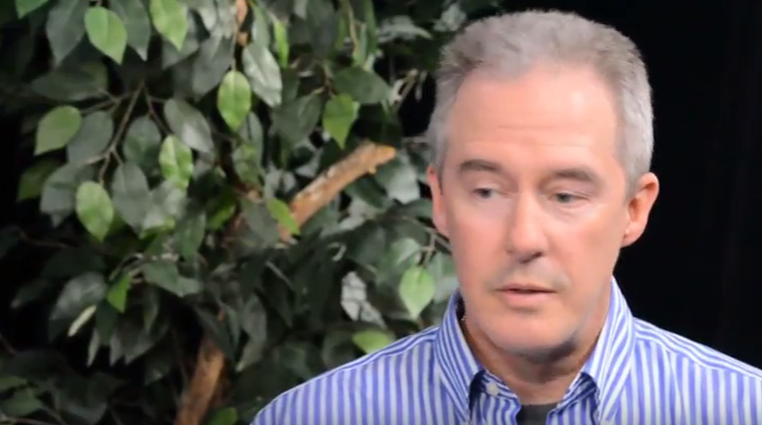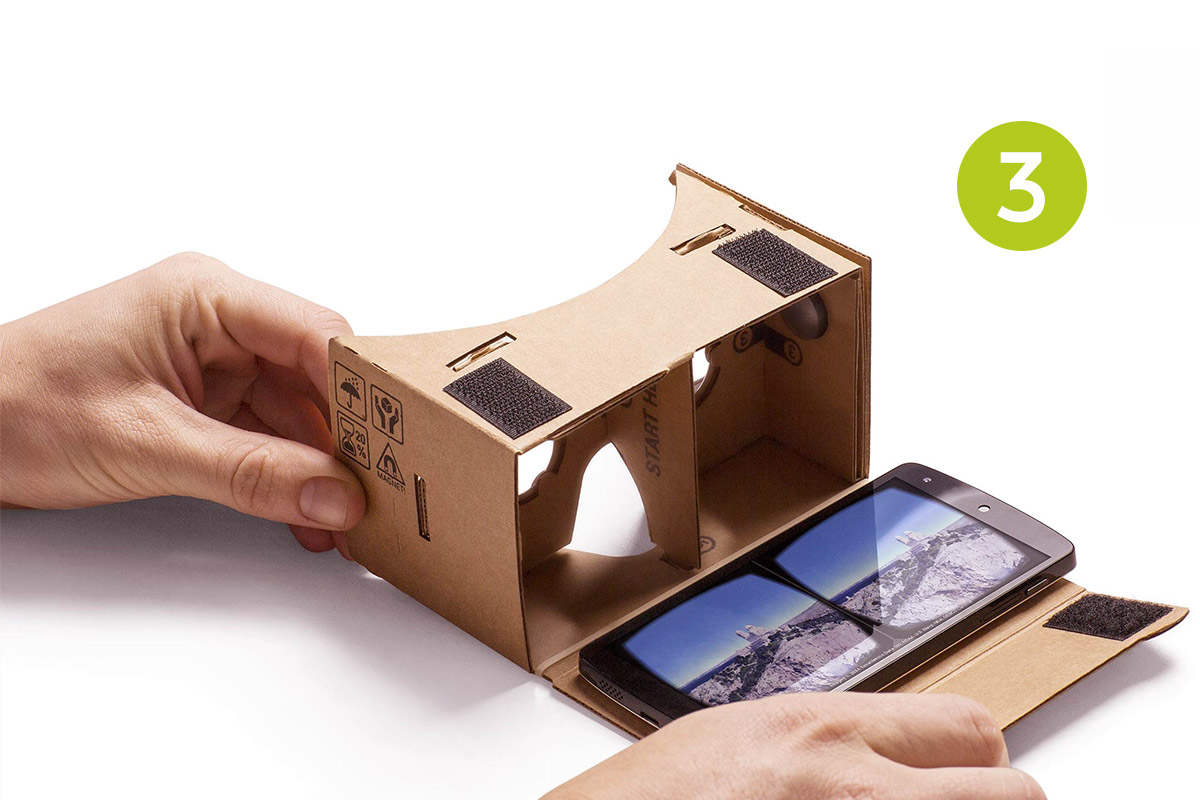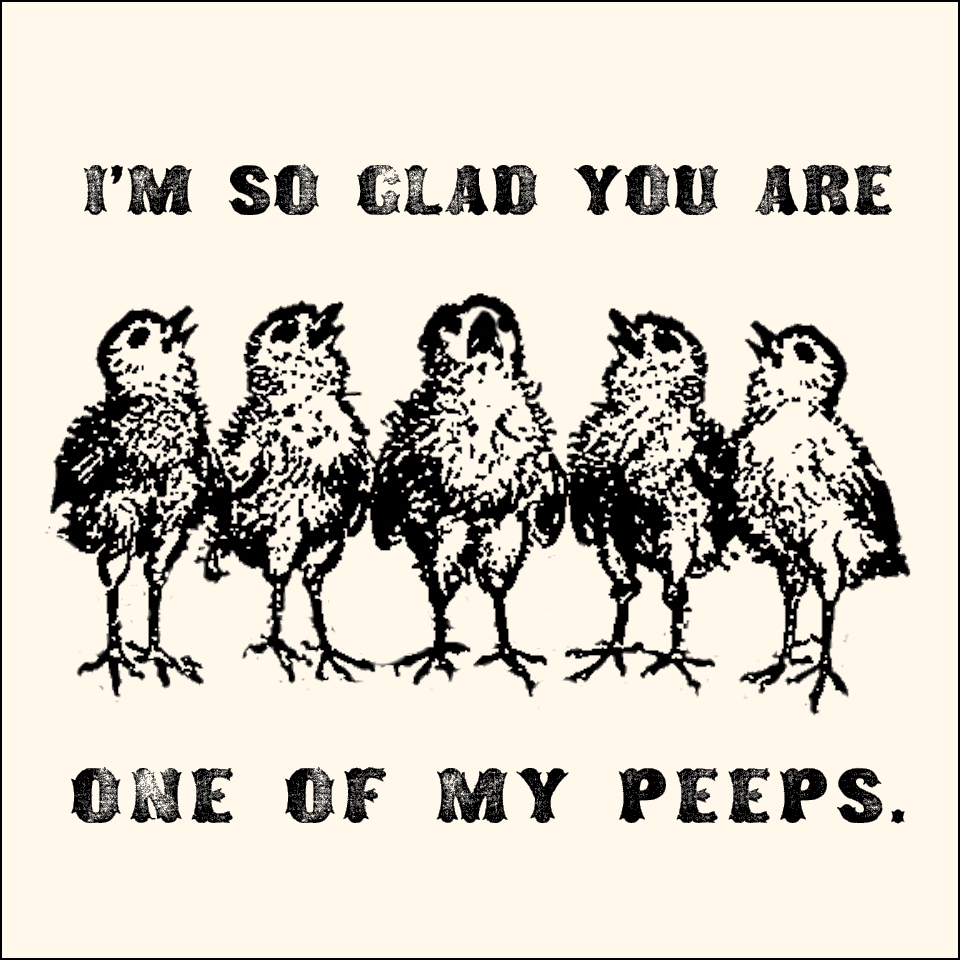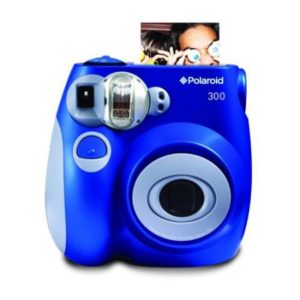Missing point in the Law of Attraction is what author Tim Star talks about this week in this episode of Boomerology Revealed TV with Shahar Boyayan.
 power_of_perrspective
power_of_perrspective
Missing point in the Law of Attraction is what author Tim Star talks about this week in this episode of Boomerology Revealed TV with Shahar Boyayan.
 power_of_perrspective
power_of_perrspective
Let’s take a look on some of the main trends for 2017.
My favorite: Virtual reality. Virtual reality already has been adopted in many industries but we should see mass adoption this year. Some say 2017 will be come the year of the Virtual Experience Economy.
A virtual experience where people can interact is quite appealing to consumers. Digital experiences may reach a weight status of physical experiences.
It is attractive because location, accessibility, personal capability are no longer a factor. Only the scarcity of time can play a role here.
Here are a few ways VR is being used:

VR is not only a new way to experience things but also a new way of communication. There is a very small learning curve and the glasses are affordable so adoption should be fast.
Now the question is, from consulting to a supermarket, in how many ways could you use virtual reality in your business?
Shahar Boyayan talks about three things you need to have if you want to become extremely successful.
It is not about what you have or steps you need to take but it is about 3 simple principles.

Here we are in 2017. Have we figured out how to reach a consumer that pays attention to us and takes action or is everything still the same?
A great way to improve how you market your business is to keep an eye in what is going on in the market, how people are reacting and how you can use this information to market better.
First let’s take a look at the consumer we have in front of us. This consumer is overloaded with information to the point that any decision becomes an issue. Too many options of everything. Level of trust with companies is in an all time low.
A confused brain freezes and that is exactly what is happening to people.
So you might consider not offering too many options when you are selling and focus on giving advice to why your service would be the wise decision.
Consumers are extremely anxious, angry even with a lot of unanswered questions. They now find comfort in simplicity and are looking for balance. The megatrend of health and wellness will continue to propagate. Consumers are becoming aware and actively seeking natural options. Markets and apps related to meditation and aromatherapy will keep growing. The yoga industry alone is a 10 billion dollar industry.
When you are marketing, simplify, use things people are familiar with and feel safe.
The brain likes simple.
We don’t want more information. We want to experience and be part of the experience. Which means businesses need to find ways to incorporate consumer input and provide unique experiences.
In a consumer World of material abundance, the experiences people choose become part of their identities.
Even though physical experiences matter more than virtual experiences, the latter will exponentially grow this year.
We want our peeps! More and more we want to belong to groups similar to our values and interests. We want input from them so we don’t have to filter more information. And when in a group, we want to take action and change things.
Can you create channels where you congregate people interest in the same topic you cover and get their input?

We invited a group of women to talk about their lives as Baby boomers, which issues baby boomers face today, aging and caregiving, we review the car caddy by Stander a very cool product to help you in and out of your car, have a health tip for you related to positive thinking and a very cool hobby for you to try- Birding.

A few days before Christmas I went to a bookstore and was impressed that most products highlighted at the front were mostly from the past. Yo-yos and books about yo-yos, old games, Ancient games etc.
Anyone knows that products get re-launched from time to time but we are seeing a major revival of products from the past. Why is that happening?
One might argue it is due to the large number of baby boomers. That is partially true. In an age where anxiety and frustration is high in the population, where people in a mall start running when they hear a noise, already thinking that some type of attack might be happening,when we spend more time feeding fear than feeling empowered, we as a society seek comfort in the past, in things to which we had an emotional connection and a time when we felt safe. A place and time were we knew how to navigate. The brain re-lives those moments and that empower us to move forward, to keep going.
It also validates our social identity and reinforce our values and the value we put into things.
I call this trend Nostalgia Wave
But this trend is not exclusive to baby boomers. It reaches millennials as well.
You can find evidence in the sheer number of vinyl records sold in 2016. A 28 year high. A industry that brought $416 million in sales. A vinyl record today is not something cheap either. During my teenager years I could get one for $10 bucks. Now, on average an album costs $40.
New vinyl records are released every day not only from old bands like the Monkees but from new artists like Justin Bieber.

Why, with all the technology available and clear sound would people go buy vinyl labels? When you can hear music from any device anywhere, you choose a media that needs a physical player? Because now we live in an age where most things are filtered in social media, where you add a selfie smiling and having fun when you are really feeling frustrated and bored. You do that and know others do too. Where do you anchor what is real? You listen to a vinyl record and they are not perfect. You can relate to that and lets face it, it makes it unique. Records have hisses and cracks, they are raw and this generation longs for real, for flaws. These records add texture to the experience.
Everything we have access today seems to be free and shareable. With a record you have a tactile experience. You can smell, open the wrapper, choose and turn to the side you want. It is a total different and real experience.
You can have a million songs in your device but that is not the same as collecting them. With vinyl records, you are a collector. Collecting is part of our nature. We like to collect what we value.

Then there is the spectacular revival of instant cameras during 2016 Christmas. Bought by Millennials like no other gear. They are not as expensive as they used to be and no, you don’t have to shake the paper for the photo to appear.
Why are Millennials so attracted to these cameras?
Because you can touch. Yes, touch and keep. Here is the tactile experience this generation longs for all the time. In this digital age, everything is somewhere, in some device or cloud. Sometimes is hard to find, sometimes it seems like it doesn’t belong to us as individuals. A printed photo is a very special moment that you want to keep and show. All other moments can go on your phone. Not the special ones, shared with special ones and that you can touch, feel and put in a special place.
This is just like before if you are a boomer but it is a new feeling if you are a Millennial and it is a good feeling. A very special memory, captured in an instant with a paper proof to keep. You can touch, look and feel that moment with your hands.
The nostalgia wave will be here for a while. Because it create peace, lowers anxiety, puts us in a safe place and give some of us a new experience.
Businesses that understand this trend can incorporate some of these aspects and give the consumer a different experience.
In 2017, television networks will play a vital role in helping their viewers get wise to podcasts. In part, this will be through networks creating more companion podcasts. From exclusive interviews to insider commentary, b-roll audio to subseries storylines, podcasts will ensure fans get their fix across reality, drama and current affairs.
Podcasting is the zeitgeist of 2017. Multiple series’ inspired by the medium are about to hit our screens, giving broadcasters an established format and ready-made audiences, while delivering podcasters greater reach and awareness. Fox 21 is adapting “Serial,” which will follow the making of a podcast as it explores a case, as well as developing a “This American Life” project. ABC is recreating “Startup,” starring and directed by Zach Braff, a podcast that follows the creation of podcast company Gimlet Media. “Lore,” the winner of iTunes’ Best of 2015 award, which focuses on dark historical tales, is also set for Amazon, backed by the producers of “The Walking Dead.”
![]()
The proliferation of connected cars across Apple CarPlay and Android Auto is another key and unstoppable factor driving podcast discovery. Podcasts will go into hyperdrive with more than 200 models to carry the technology in the next 12 months. Platforms like Google Home and Amazon’s Alexa will further boost take-up, breaking down barriers between discovery and play.
Some of the personality traits that draw people into starting their own companies can lead to negative workplace behaviors that cause the start-ups to fail, according to a study of more than 2,000 managers by Adrian Furnham of University College London and two colleagues. Among the traits that are the most predictive of managers’ being attracted to entrepreneurism are an inflated view of self-worth, perfectionism, and attention-seeking; under pressure, these can result in overbearing behavior, a sense of entitlement, micromanaging, slow decision making, stubbornness, and distraction, the researchers say. Managerial behaviors of this sort may contribute to new enterprises’ high rate of failure.
SOURCE: The dark side of career preference: dark side traits, motives, and values
As a society we are living in a high level of anxiety, we are also shifting the way we do things. Education is shifting, how we buy is shifting, how we communicate is totally shifting.
Now to be successful, it is not enough to “do stuff”, organize and plan. It is necessary that we shift some of our attitudes.
I started a new podcast called Elements of Self where I talk about consumer behavior and trends, positioning and innovation.
My first episode talks about being successful in 2017. I invite you to listen and interact with me with your point of view in this subject.
Listen: How to be successful in 2017